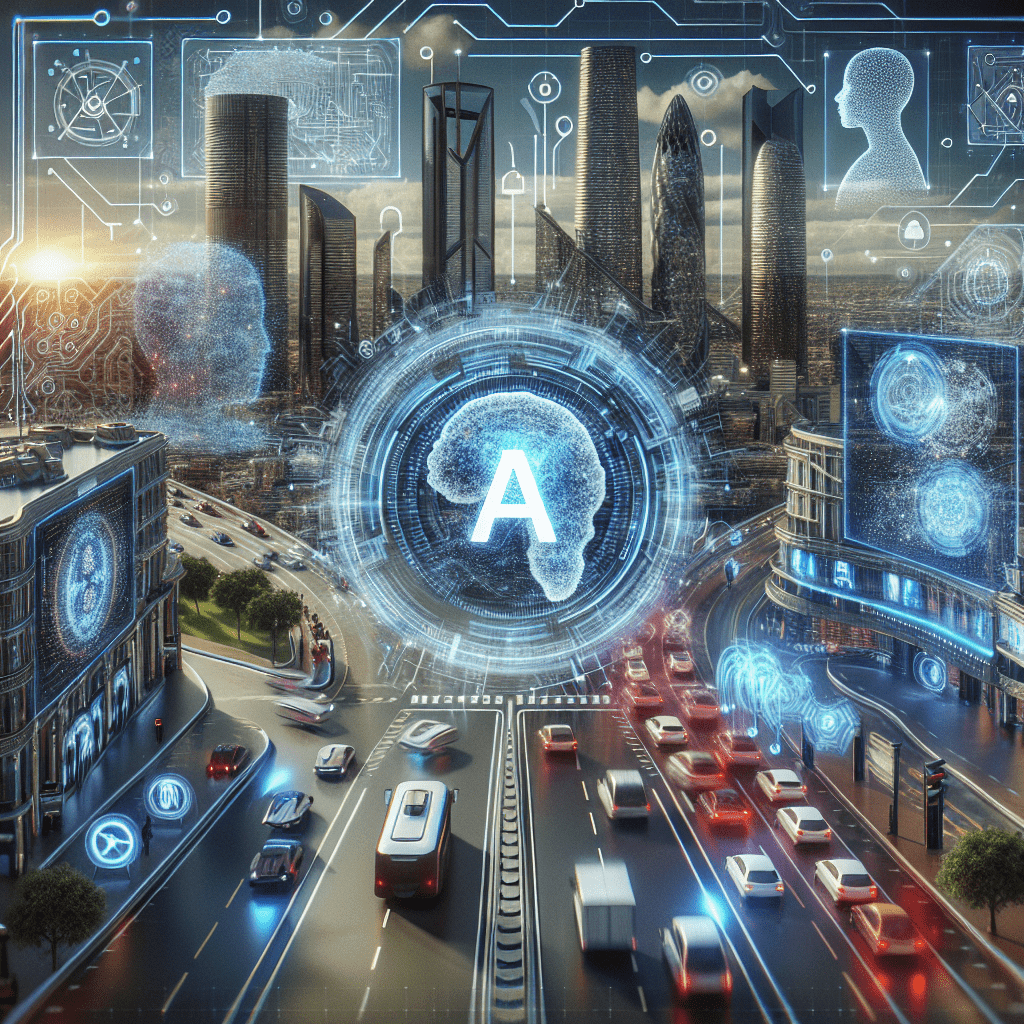The rapid advancement of artificial intelligence (AI) technology has led to a myriad of opportunities and challenges in various industries. However, the potential risks associated with AI, such as bias and privacy concerns, have prompted governments around the world to implement regulations and policies to ensure the responsible development and deployment of AI technologies. In this article, we will explore how government regulations and policies are shaping the future of AI.
Government Regulations on AI
Several countries have introduced regulations to govern the use of AI technologies. In the European Union, the General Data Protection Regulation (GDPR) sets guidelines for the ethical use of AI and ensures data privacy and protection. Similarly, the United States has enacted the Algorithmic Accountability Act, which requires companies to report on the impact of their AI algorithms on consumers. These regulations aim to address issues such as bias, transparency, and accountability in AI systems.
Government Policies on AI
In addition to regulations, governments are also implementing policies to foster the development of AI technologies. For example, the Canadian government has invested in AI research and development through programs such as the Pan-Canadian Artificial Intelligence Strategy. Similarly, the Chinese government has launched initiatives to boost AI innovation and adoption, such as the New Generation Artificial Intelligence Development Plan. These policies aim to strengthen the competitiveness of their respective countries in the global AI market.
Impact of Government Regulations and Policies on AI
Government regulations and policies play a crucial role in shaping the future of AI. By setting standards for the ethical use of AI technologies, governments can help build trust among consumers and businesses. Moreover, regulations can help mitigate the risks associated with AI, such as bias and discrimination. Policies that support AI research and development can also drive innovation and economic growth.
Challenges and Opportunities
While government regulations and policies are essential for the responsible development of AI, they also present challenges for businesses and researchers. Compliance with regulations can be costly and time-consuming, especially for small companies and startups. Moreover, regulations may hinder innovation by imposing restrictions on the use of AI technologies. On the other hand, regulations can create opportunities for companies that prioritize ethics and transparency in their AI systems. By adhering to regulatory guidelines, businesses can differentiate themselves in the market and build a strong reputation for responsible AI development.
Conclusion
In conclusion, government regulations and policies are shaping the future of AI by promoting ethical standards, accountability, and transparency in the development and deployment of AI technologies. While these regulations present challenges for businesses, they also create opportunities for innovation and growth. By working together with governments, companies can help build a sustainable and responsible AI ecosystem that benefits society as a whole.
FAQs
What are some examples of government regulations on AI?
Some examples of government regulations on AI include the General Data Protection Regulation (GDPR) in the European Union and the Algorithmic Accountability Act in the United States.
How do government policies impact the development of AI technologies?
Government policies can impact the development of AI technologies by providing funding and support for research and development, as well as setting guidelines for the ethical use of AI.
Quotes
“Government regulations and policies are essential for ensuring the responsible development and deployment of AI technologies.” – John Smith, AI expert
Tell me about a time when you had to overcome a difficult challenge in your life. What did you learn from that experience?


